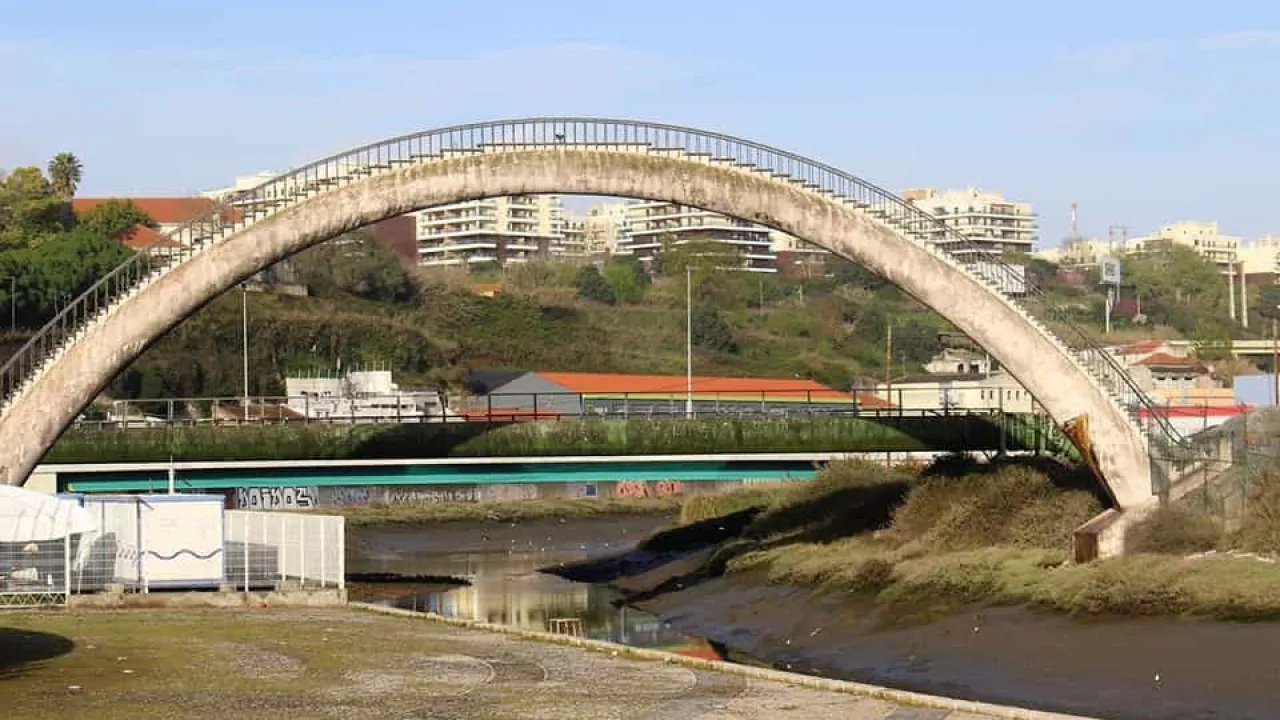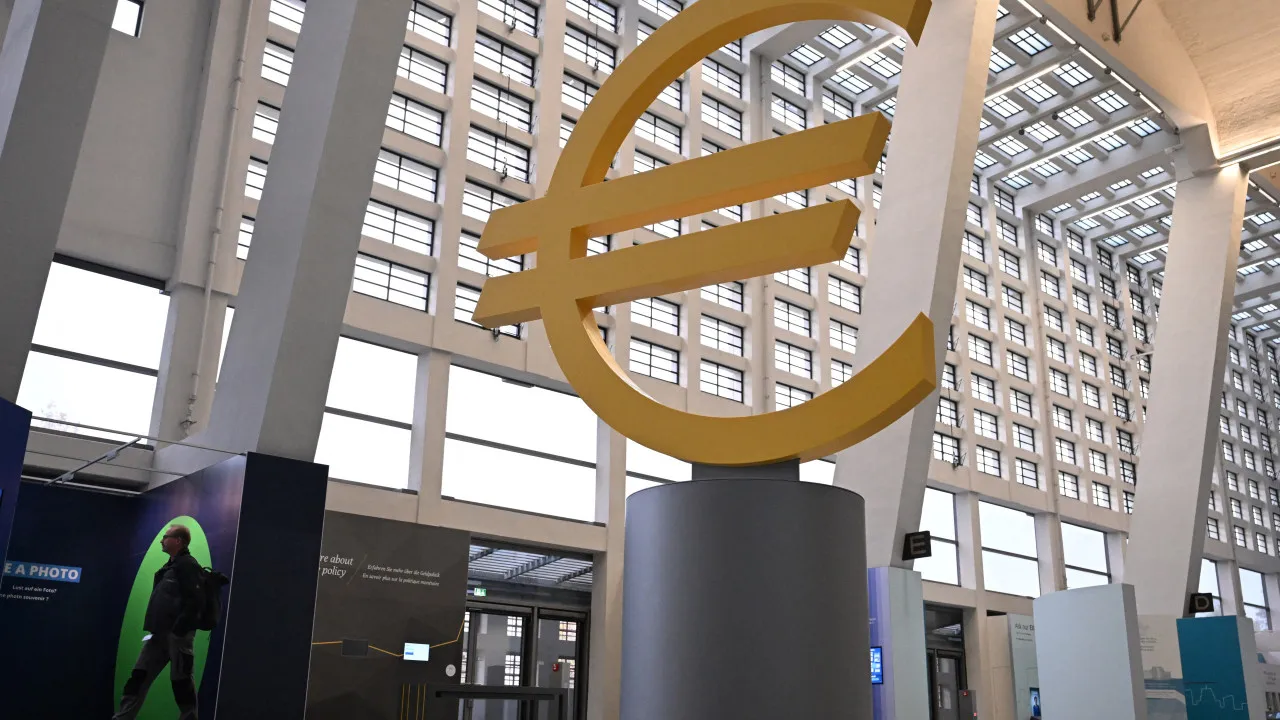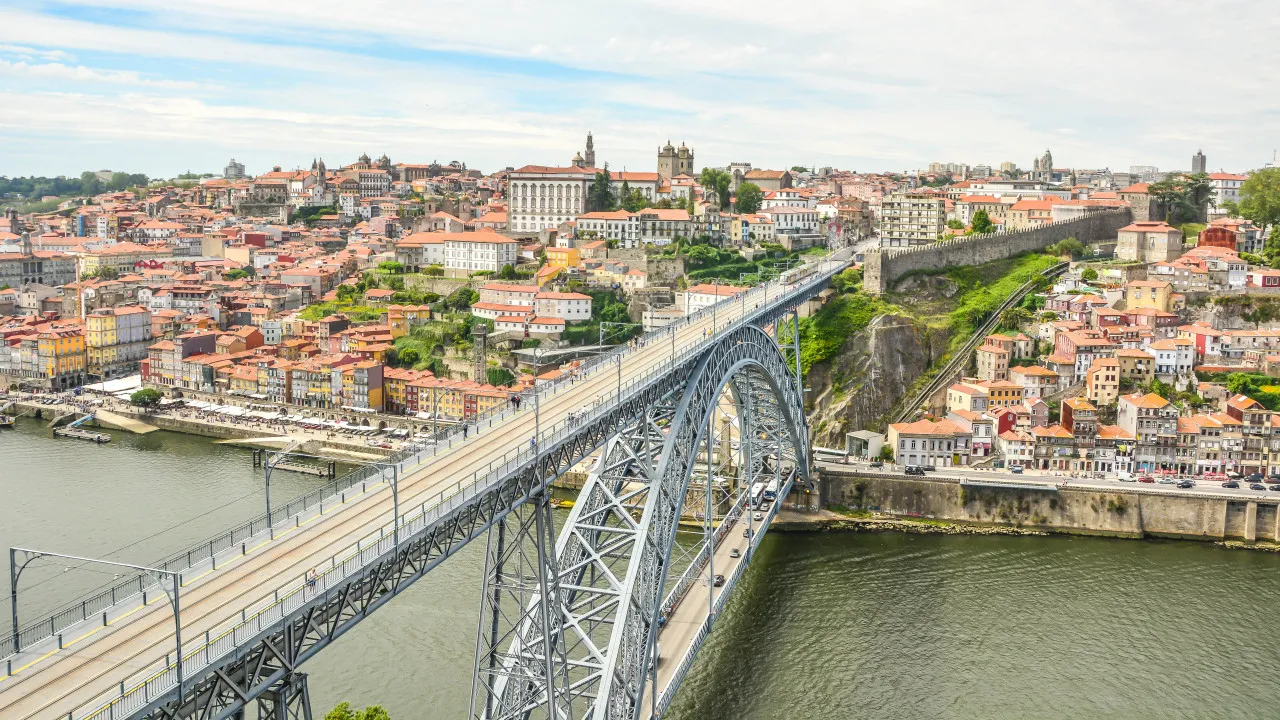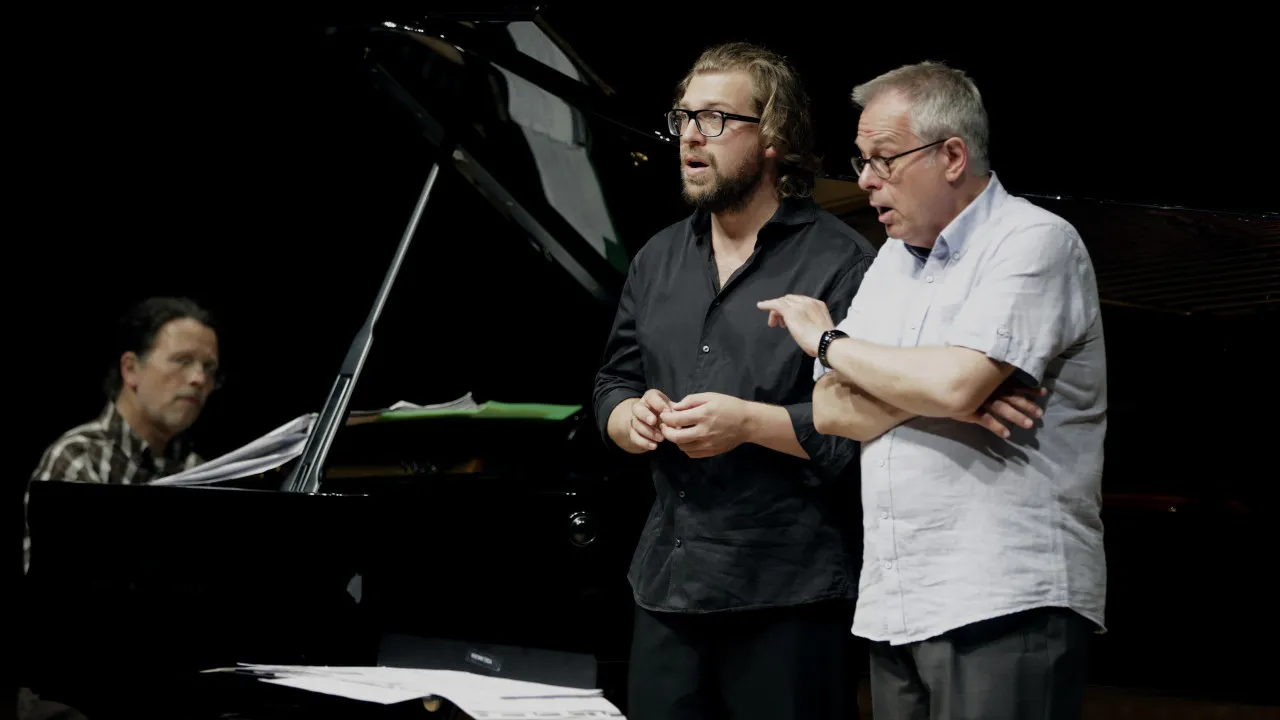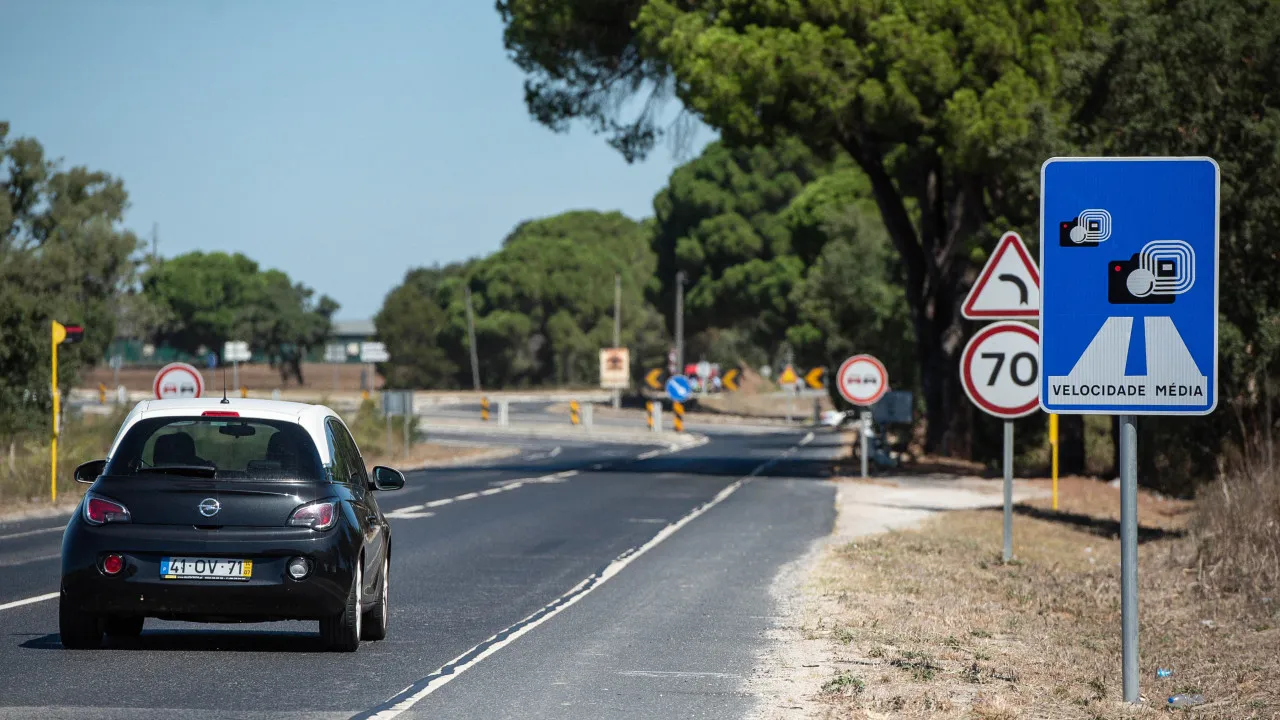The Grande Oriente Lusitano (Grand Orient of Portugal) is a symbolic Masonic Obedience established in 1802, making it the oldest Portuguese Masonic Obedience. Its first Grand Master was Sebastião José de São Paio de Melo e Castro Lusignan, the grandson of the first Marquis of Pombal, and his symbolic name was Egas Moniz.
The Grand Orient of Portugal aligns itself with the liberal current of Freemasonry, advocating for the absolute freedom of conscience and adogmatism.
Freemasonry Portugal history
Freemasonry Portugal / The Grande Oriente Lusitano (Grand Orient of Portugal) was regarded as a driving force behind the anti-clericalism of the liberals. In 1921, it played a significant role as a founding member of the International Masonic Association, in alliance with the Grand Orient of France, Grand Orient of Belgium, Grand Lodge Alpina of Switzerland, and the Grand Orient of Italy, among others.

Throughout its history, the Grand Orient of Portugal has faced fierce persecution by the most conservative and reactionary wings of society due to its opposition to every form of oppression. One of the most challenging moments for the organization was during the Estado Novo dictatorship, when Portuguese Freemasons were forced into clandestinity and faced frequent imprisonment and political exile. This was due to a law (law nº1901) proposed by José Cabral, who had recently joined the single state-ruled party União Nacional (National Union) after leaving the Portuguese integralists and the national-syndicalists led by Francisco Rolão Preto.
Despite not being a Freemason himself, the renowned Portuguese poet Fernando Pessoa published an article in Diário de Lisboa (Lisbon Daily, a daily newspaper) defending Freemasonry and specifically the Grande Oriente Lusitano. During the period of clandestinity from 1935 to 1974, the Grand Orient of Portugal had its buildings confiscated, and the Masonic Palace in central Lisbon was occupied by the Legião Portuguesa (Portuguese Legion, a para-military political force created for the “defense of the State”).
Following the Revolution of the Carnations on April 25, 1974, the law nº1901 was revoked, and the Grand Orient of Portugal could once again operate in the open and have its buildings returned.
Grémio Lusitano
The three Potences are represented in civil society through the Grémio Lusitano, a cultural, recreational, and philanthropic society located at Rua do Grémio Lusitano, number 25, in Lisbon. The Masonic Palace building also houses the Portuguese Masonic Museum, which is considered one of the best of its kind in Europe. The museum is open to the general public.

Rites Freemasonry of the Grande Oriente Lusitano
Under the auspices of the Grande Oriente Lusitano there are lodges of the Ancient and Accepted Scottish Rite and of the French Rite. These Rites are administered by the respective philosophical Potences with which the Grande Oriente Lusitano has a treaty to confer the symbolic degrees:
Supreme Council of the Grand Inspector-General of the 33rd Degree of the Ancient and Accepted Scottish Rite for Portugal and its jurisdiction.
Sovereign Grand Chapter of the Cavaliers Rose-Croix – Grand Chapter General of the French Rite of Portugal.
Here is a list of the Grand Masters of the Grand Orient of Portugal:
1804-1809: Sebastião de Sampaio de Melo e Castro
1809-1816: Fernando Romão da Costa Ataíde e Teive de Sousa Coutinho
1816-1817: Gomes Freire de Andrade e Castro
1820-1821: João Vicente Pimentel Maldonado (interim)
1821-1823: João da Cunha Souto Maior
1823-1839: José da Silva Carvalho
1839-1841: Manuel Gonçalves de Miranda
1841-1841: Bartolomeu dos Mártires Dias e Sousa (interim)
1841-1846: António Bernardo da Costa Cabral
1846-1847: João de Deus Antunes Pinto
1847-1849: António Bernardo da Costa Cabral
1849-1853: Marcelino Máximo de Azevedo e Melo
1854-1861: José Joaquim de Almeida Moura Coutinho
1861-1863: Frederico Leão Cabreira de Brito Alvelos Drago Valente
1863-1867: Caetano Gaspar de Almeida e Noronha Portugal Camões de Albuquerque Moniz e Sousa
1867-1869: José da Silva Mendes Leal
1869-1881: João Inácio Francisco de Paula de Noronha
1881-1884: Miguel Baptista Maciel
1884-1886: José Elias Garcia
1886-1887: António Augusto de Aguiar
1887-1889: José Elias Garcia
1889-1895: Carlos Ramiro Coutinho
1895-1899: Bernardino Machado Guimarães
1899-1906: Luís Augusto Ferreira de Castro
1906-1907: Francisco Gomes da Silva (interim)
1907-1928: Sebastião de Magalhães Lima
1928-1929: Luís Augusto Curson (interim)
1929-1929: António José de Almeida
1929-1930: Joaquim Maria de Oliveira Simões (interim)
1930-1935: José Mendes Ribeiro Norton de Matos
1935-1937: Maurício Armando Martins Costa (interim)
1937-1937: Filipe Inês Ferreira (interim)
1937-1975: Luís Gonçalves Rebordão
1975-1981: Luís Hernâni Dias Amado
1982-1984: Armando Adão e Silva
1984-1988: José Eduardo Simões Coimbra
1988-1990: Raul de Assunção Pimenta Rego
1990-1993: Ramon de la Féria
1993-1996: João Rosado Correia
1996-2002: Eugénio de Oliveira
2002-2005: António Duarte Arnaut
2005–2011: António Fernando Marques Ribeiro Reis
2011–present: Fernando Manuel Lima Valada Fernandes

